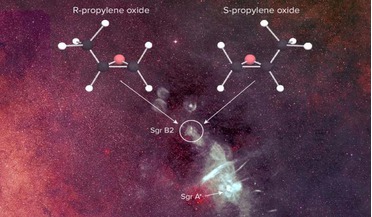 15 June 2016
Scientists discover a chiral molecule outside of our solar system for the first time
15 June 2016
Scientists discover a chiral molecule outside of our solar system for the first time
... have opposite chirality. Nonetheless, chiral molecules have intriguingly been found in meteorites on Earth and comets in our Solar System, prompting the suggestion that radiation in the interstellar medium could have caused the selective destruction...
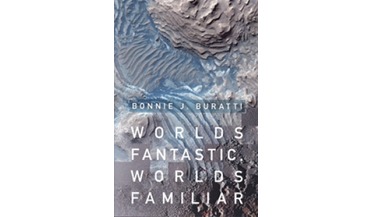 04 February 2018
Worlds Fantastic, Worlds Familiar: A Guided Tour of the Solar System
04 February 2018
Worlds Fantastic, Worlds Familiar: A Guided Tour of the Solar System
... list of this book appears to cover the planets of the solar system one by one but a second glance shows that the..., the author substitutes some of the better known moons of the solar system, such as Titan and Enceladus… and despite its downgrading by...
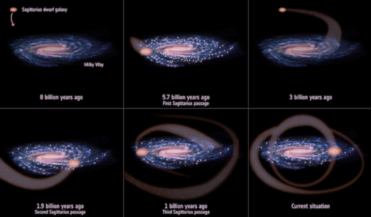 25 May 2020
Clashing galaxies may have triggered Solar System formation says new study
25 May 2020
Clashing galaxies may have triggered Solar System formation says new study
... only influenced the movement of stars in our galaxy, but could also be responsible for the formation of the Solar System, say scientists studying data from ESA’s ambitious mapping satellite Gaia. Since its launch in December...
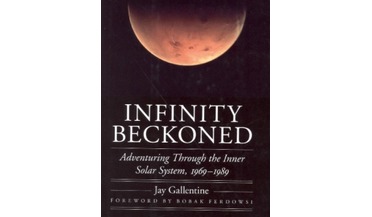 26 February 2018
Infinity Beckoned: Adventuring Through the Inner Solar System, 1969-1989
26 February 2018
Infinity Beckoned: Adventuring Through the Inner Solar System, 1969-1989
Since the beginning of the Space Age, space history books have gone through a sort of evolution: the early ones described the technology and the missions; later, more professional texts analysed political motives in a Cold War context; and then, in ...
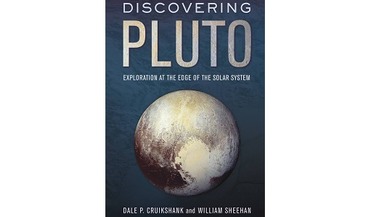 31 December 2018
Discovering Pluto: exploration at the edge of the solar system
31 December 2018
Discovering Pluto: exploration at the edge of the solar system
The International Astronomical Union may no longer regard Pluto as a planet, but that certainly hasn’t decreased its attraction for scientists or authors; in fact, it may even have enhanced its credentials. As the authors opine, “Except perhaps for ...
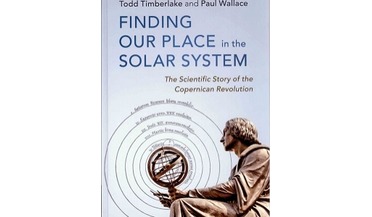 01 October 2019
Finding our Place in the Solar System
01 October 2019
Finding our Place in the Solar System
In the words of its subtitle, this book tells “The Scientific Story of the Copernican Revolution”. In an early section, the authors consider why anyone should read their book: “After all”, they say, “you already know the punchline: the Earth really ...